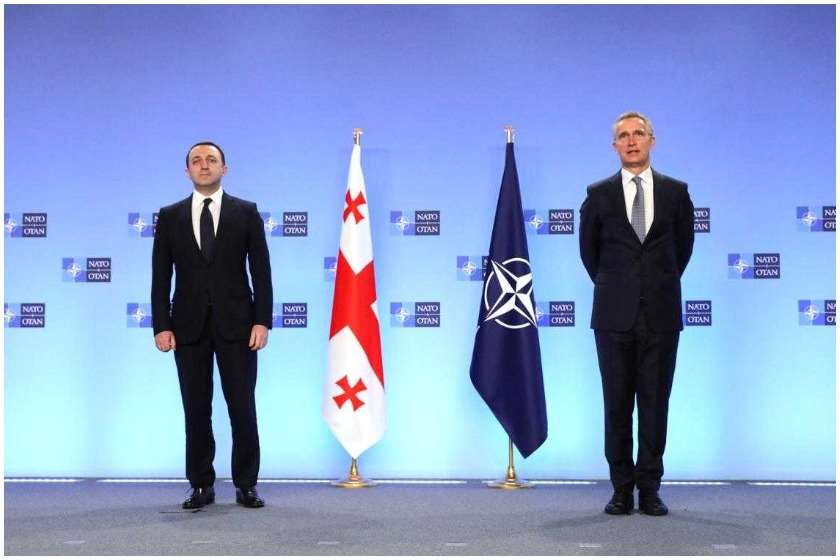EU, US join forces to resolve Georgian political crisis
The European Union and the United States are joining forces to help Georgia out of the current political crisis.
The European Parliament is creating a special group to deal with these issues. The special envoy of the President of the European Council Christian Danielson has been in Tbilisi for several days and is facilitating a dialogue between the opposition and the government.
Special hearings on Georgia will be held in the US Senate.
-
How and why the political crisis began in Georgia
The united opposition declared rigged parliamentary elections on October 31, 2020 and began demanding new elections. Opposition MPs (with the exception of six) resigned from their seats in parliament. As a result, for the first time in the history of Georgia, there is actually a one-party parliament operating here, where only the ruling Georgian Dream party is represented.
The authorities consider the elections valid and refuse to appoint new ones. All international organizations and diplomatic missions also believe that the elections were free, although they were held with many violations.
Efforts of the European Parliament and NATO Secretary General’s Statement
On March 17, President of the European Parliament David Sassoli proposed to create an informal contact group for MEPs working on Georgian issues.
This was preceded by his consultations with the Chairman of the Parliamentary Assembly Andrius Kubilius and the EU Ambassador to Georgia Karl Harzel.
On the same day, a meeting took place in Brussels between Georgian Prime Minister Irakli Garibashvili and NATO Secretary General Jens Stoltenberg. At a press conference after it, Stoltenberg said about “concern about the events in Georgia, including the arrest of opposition leader Melia.”
“It is necessary to find a way to resolve the differences so that Georgia can continue the planned reforms. Of course, the parliament elected by the people is the cornerstone of democracy,” Stoltenberg said and urged the Georgian prime minister to use his position to reach an agreement with the opposition.

NATO Secretary General’s Special Representative for the South Caucasus and Central Asia James Appathurai wrote on his Facebook page that “Georgia does not have time to continue the political crisis, given the regional situation, the crisis and the urgent need to continue and strengthen reforms.”
“Opposition parties must return to parliament for it to function properly. All parties must agree on a common path to advance the political process,” Appathurai said.
In Tbilisi, a five-day cycle of negotiations between the opposition and the authorities is coming to an end with the mediation of the Special Representative of the President of the European Council Christian Danielson.
The parties have not yet been able to come to an agreement. Opposition officials said the meetings were difficult. Irakli Kobakhidze, head of the ruling Georgian Dream party, was more positive and said that “the meetings went very well, and now the main thing is that the opposition does not disrupt the negotiations.”
Khatuna Samnidze, one of the opposition leaders, says that the meeting discussed six points of a draft agreement proposed by President of the European Council Charles Michel, including the issue of early elections and political prisoners.

“An agreement with the authorities can be signed only after we reach agreement on all issues,” Samnidze said.
The leader of the Labor Party, Shalva Natelashvili, withdrew from the meeting before it ended, stating that he would not participate in a format where determining the date of new parliamentary elections and releasing political prisoners was not the first issue.
Natelashvili said that he will return to the negotiating table when agreement on these two issues is reached.
- ‘Only Moscow is happy’ – Western diplomats to Georgian gov’t
- Early elections in Georgia out of the question – PM Garibashvili
Hearings on Georgia in the US Senate
Special hearings on the state of democracy in Georgia will be held on March 23 at the US Senate Foreign Relations Committee, chaired by Senator Jean Shahin.
The meeting will be addressed by Deputy Assistant Secretary of State George Kent and Bureau of Democracy, Human Rights and Labor Officer Cara McDonald.


















